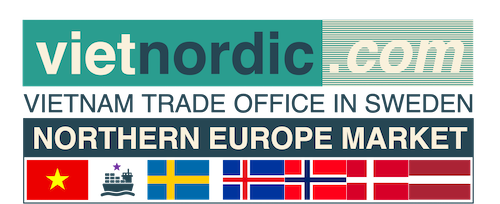The European Commission has published an updated guidance on the EU-Vietnam Free Trade Agreement.
The EU-Vietnam Free Trade Agreement entered into force on 1 August 2020. The European Commission has now published an updated guide, which you can find out if your company trades with Vietnam.
Possibility of subsequent issuance of proof of origin
The updated guidance clarifies, for example, that the Vietnamese exporter can apply for the subsequent issuance of a EUR.1 certificate. This is also possible even if, at the time of export, a FORM A certificate has been issued under the GSP Agreement and the goods have been imported into the EU on this basis. This is stated in section 2.4 of the updated guidance.
Until 31 December 2022, the GSP Agreement applies to Vietnam in parallel with the EU-Vietnam Free Trade Agreement, and the individual company can therefore choose to operate in accordance with the agreement that gives the company the greatest advantage.
EVFTA facilitates Vietnamese coffee exports to Scandinavian market
With the tariffs being slashed to 0% under the EU-Vietnam Free Trade Agreement (EVFTA), Vietnamese coffee exports to the Scandinavian market, including Sweden, Denmark, and Norway, are expected to enjoy a number of competitive advantages compared to those of rival exporters.
The nation is typically involved in the export of unroasted and decaffeinated coffee to these Nordic countries, with export turnover reaching approximately US$6.8 million last year.
Most notably, these markets import approximately US$455 million of coffee annually from markets such as Brazil and Honduras.
These Scandinavian countries usually import Arabica beans and small quantities of Robusta coffee. In contrast, the nation mainly exports Robusta coffee, which accounts for roughly 95% of Vietnamese coffee exports.
According to the Ministry of Industry and Trade, local businesses must focus on developing coffee growing areas whilst ensuring that a sustainable environment is created to increase future exports to this market.
In fact, the high-end coffee segment has witnessed robust growth throughout the Nordic region due to its large number of high-income earners and developed local coffee culture.
In line with commitments outlined in the EVFTA, a total of 39 Vietnamese products including Buon Me Thuot coffee are recognised and protected for geographical indications by the EU market.
Industry experts have stated that in addition to developing the traditional coffee market, local firms have been advised to pay close attention to the development of specialty coffee brands moving forward.

